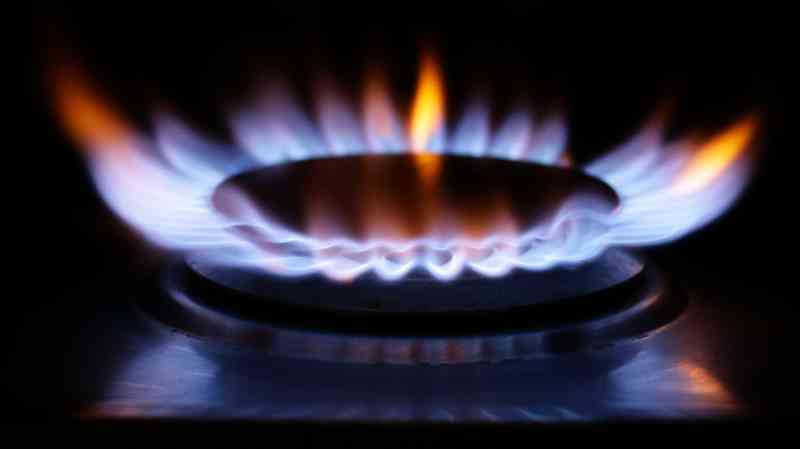Another two energy suppliers have collapsed into administration, taking the total number of failures to 25 since August.
Mansfield-based Entice Energy and the London supplier Orbit Energy have become the latest victims of the rapid rise in gas prices.
Ofgem, the energy regulator, said that new suppliers would be found for the companies’ customers.
Last week, Ofgem ordered five suppliers to pay what they owe into a scheme to support small-scale renewable energy production or risk having their licences removed.
It was confirmed that Orbit missed the largest payment of more than £451,000, while another four suppliers owed between £19,000 and £47,000, one of which was Entice. Industry experts have said that energy suppliers are so squeezed that the number still in the market could fall to just ten by Christmas. In January this year there were 71.
In past years, energy suppliers who have struggled to pay their obligations to Ofgem have often later gone out of business.
Ofgem said last week: “If the suppliers fail to comply with the order, Ofgem may take further enforcement action and they could end up having their licences revoked or face a financial penalty.”
Matt Howard, a partner and head of insolvency at Price Bailey, the accountancy firm, warned on Wednesday that a further 11 companies were at maximum risk of failing. “This time next year we will have far fewer suppliers and higher household energy bills,” he said. “Every time a supplier goes bust the costs of the remaining suppliers increase, which makes those businesses more vulnerable.”
This week Bulb, which has around 1.7 million customers and is the seventh-largest energy company in the UK, announced that it would be placed into administration.
Due to its size, the regulator has applied to put Bulb into special administration, meaning that if the application is successful it will be run by the global advisory firm Teneo until a potential buyer is found or until its customers leave.
Normally Ofgem would let a company fail and move its customers to a new supplier.
For now, Bulb is continuing to serve its customers despite the insolvency. They have been told that they do not need to do anything, and that there will be no change to their energy supply and credit balances.
A £1.69 billion loan from the taxpayer will fund the work to keep Bulb going. The administrators say it will cost about £2.1 billion to keep Bulb trading until the end of April.
They will need to buy significant volumes of wholesale gas and electricity to meet customers’ needs in the winter.
